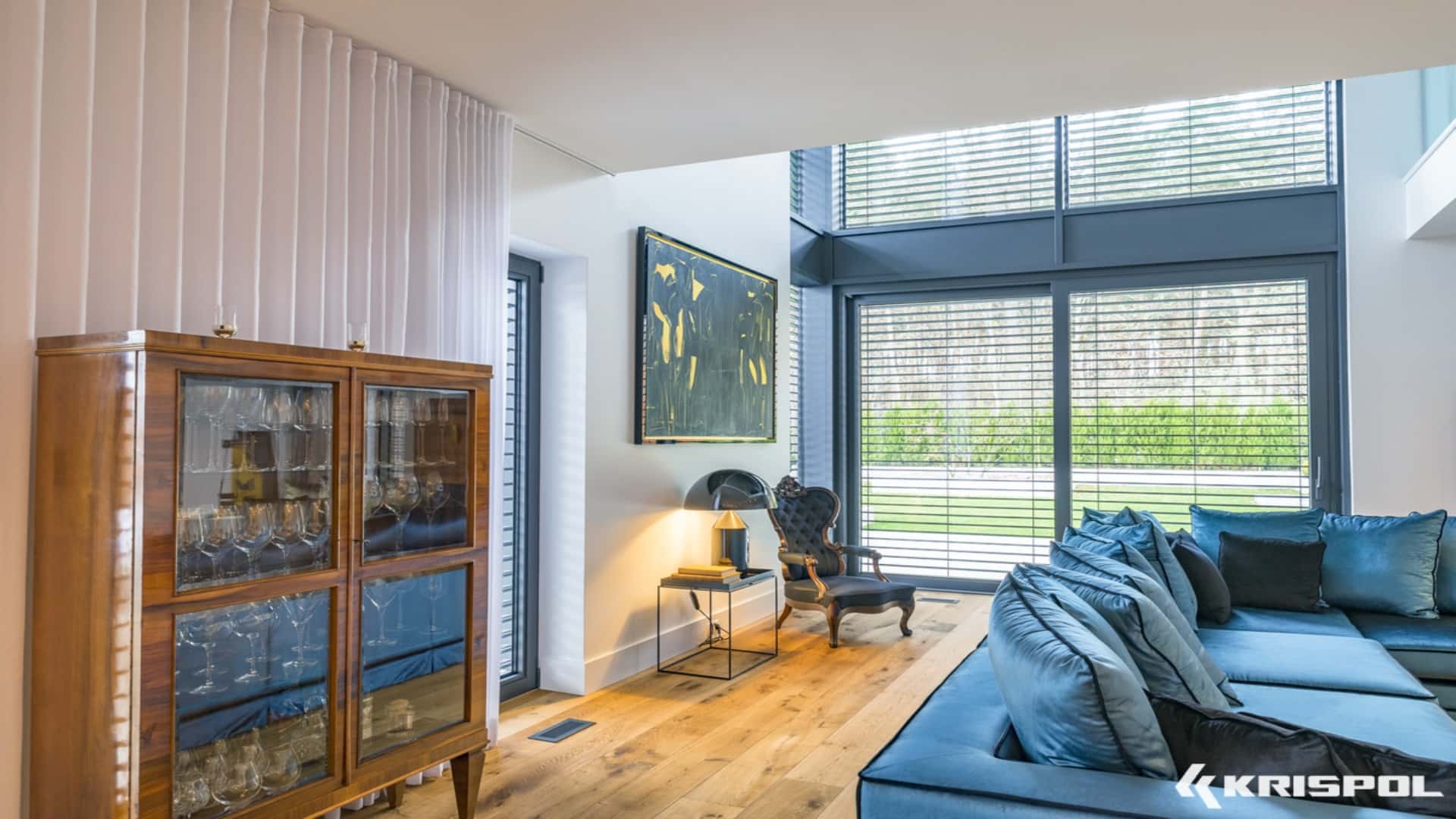
Soundproofing doors and windows
A house is first of all a place of rest. After a hard day's work, the need for peace and quiet is more than justified. Noisy surroundings, busy roads and barking dogs of the neighbours can disturb this need. Noise is a cause of constant irritability, bad mood and sleep problems. To remedy this, it is advisable to think about this as early as the time of installation of the windows and doors.
<< Understanding Windows -uw / ug / rw values |
Reading Time: 2 minutes
Soundproofing doors and windows
Sound intensity is measured in decibels. To understand how much difference there is between different sounds, it is worth mentioning that decibels are a logarithmic unit. An increase of 10 decibels is ten times louder than the original, 20 decibels is a hundred times louder and 30 decibels is a thousand times louder. Therefore, reducing the sound level by even 1-2 decibels has a huge effect.
How to calculate sound insulation
Sounds as low as 35 decibels have a negative impact on our rest. The sound insulation indexes are measured in the same units, but the higher their value, the less sound penetrates inside. A distinction is made between the specific sound insulation index (Rw) and the adaptive indexes (C and Ctr), which are used depending on the type of sound. What is all this about?
If we are calculating insulation for low or medium frequency sounds (R1), we subtract the value C, i.e. 1-3 dB, from Rw. If the noise is high frequency, we do the same with Ctr, which is 4-8 dB, and we get R2. To calculate how much the sound from outside will be muffled, simply do the subtraction. A passing train emitting 80 dB minus a window with an R2 of 50 dB gives us 30 dB in the room.
For standard 4 mm thick windows, the sound insulation is about 32 dB. It is easy to determine the sound level when you know the insulation of the window. However, it cannot be calculated mathematically. Sound is such a complicated matter that measurements are made only after the window has been assembled and installed, while tests must be conducted in laboratory conditions. Only when they have the results ready, manufacturers are able to predict what sound insulation a window produced in a certain way will have.
Sound insulation of doors and windows
The technology of joinery production is constantly developing, thanks to which it is possible to match components which at the same time will please the eye with an excellent appearance and fulfil their technical functions well. Soundproofing is a feature that does not have to adversely affect other properties. When it comes to windows, the first thought is usually to use very thick glass. It might also seem that the more glass panes a window consists of, the higher the soundproofing will be. Is this really the case?
If the panes are the same thickness, nothing will change. This can be explained physically: as we know, sound is a wave. The 4 mm glass pane it passes through, in short, “cuts” a certain wavelength. If the next pane is the same thickness, it will not retain the same value a second time. Therefore, to increase the acoustic insulation, glass panes with different parameters are used, for example, 4 and 6 mm or in double-glazed windows: 4, 6, 8 mm.
The chambers, that is the spaces between the panes, are filled with gas, ensuring even better sound absorption. Normally it is argon, but even better parameters are achieved with krypton.
In the case of windows, most of the surface area is occupied by glass panes – in the case of doors, not necessarily. Due to differences in construction, soundproofing is of course achieved in a completely different way. In an acoustic door, the interior is the most important part. They are filled with several layers of board, sheet or other material. The gaskets and the tightness of the leaf against the frame also play an important role – even a small leak can significantly reduce the effectiveness of the entire construction.
Key to success? Good installation
Even the best quality windows will not fulfil their function if they are installed incorrectly. It is no different in the case of windows which are to suppress sounds. Here, the most important thing is their tightness. If they let heat through, they also let noise through. Therefore, it is worthwhile to have the installation done by professionals.
